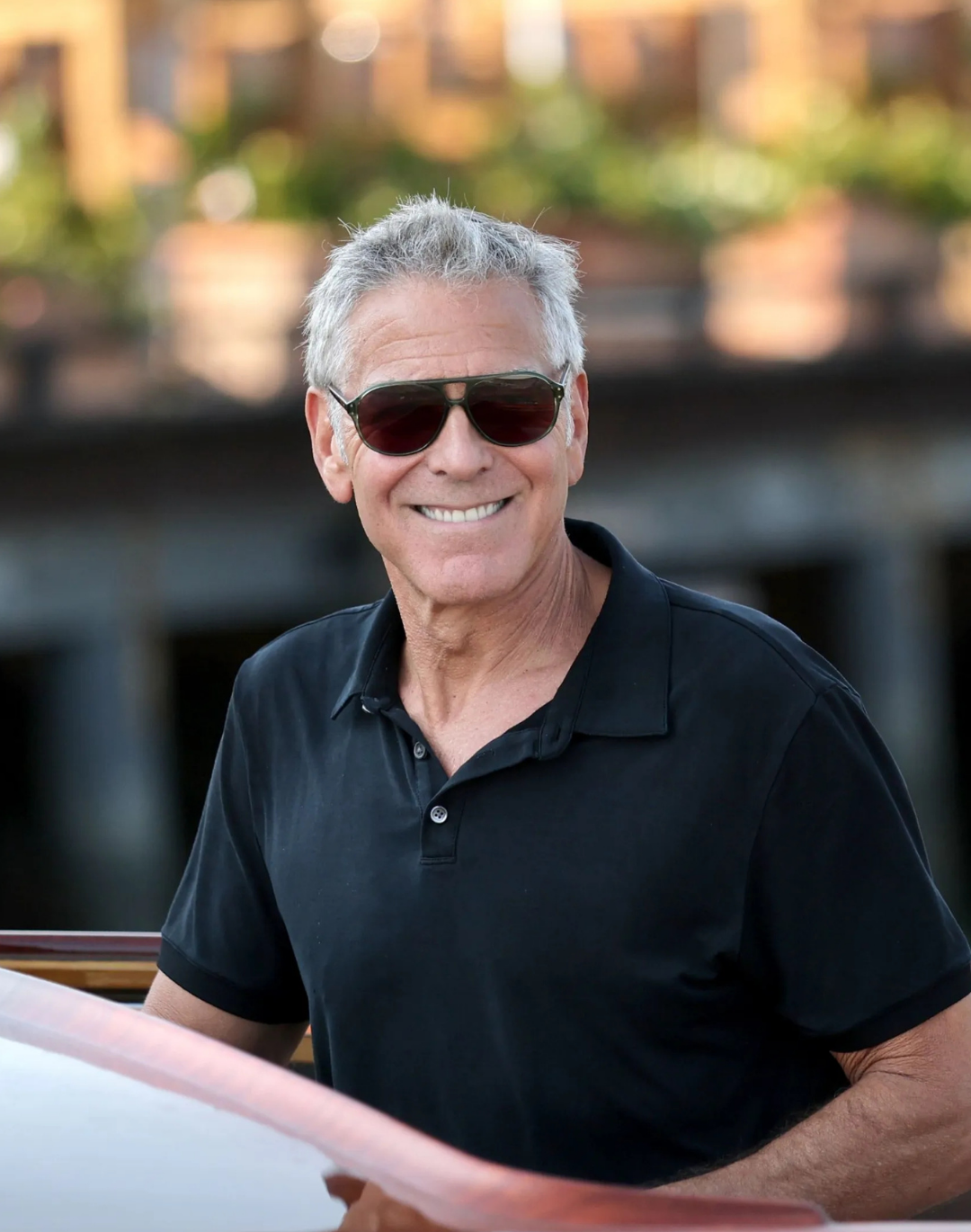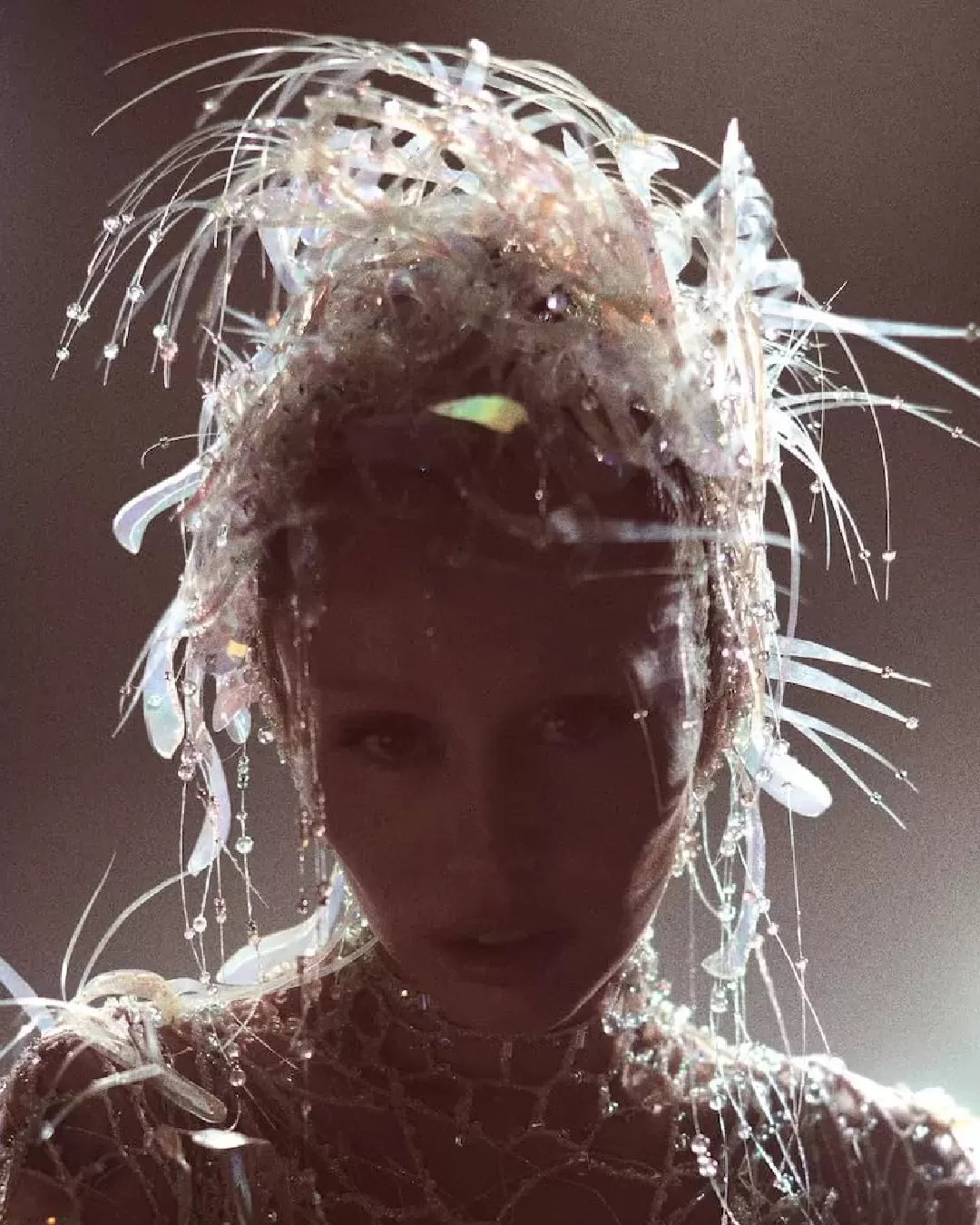
Are private concerts the new frontier of live music? A practice that is making the fortunes of big pop stars
In the music industry market, where record sales are declining year by year, live performances are a major source of income for artists. Until the late 1990s, singers and musicians relied entirely on the sale of the albums they produced: the arrival of the Internet, and later on of streaming platforms, over the years has completely changed the industry, and concerts have once again become crucial to the entire music economy. Those open to the public, however, reports the New Yorker, are being joined by private performances, namely exclusive events in which bands or singers perform for a small audience, which tend to be very wealthy.
Which artists have performed privately?
Most interestingly, this phenomenon, unlike in the past, now involves even the most famous pop stars like Drake and Beyoncé. The latter last January performed in a private show at a new Dubai hotel, earning more than $20 million, while recently Flo Rida sang - for a «six-figure» fee, writes the New Yorker - at the birthday party of a financial services company executive's son. Flo Rida's manager pointed out that the U.S. rapper now does at least 30 private shows during the year. But Gwen Stefani, Snoop Dogg, Katy Perry, the Rolling Stones, Sting, and the Black Eyed Peas have also performed at similar events throughout their careers. Today «virtually anyone is willing to consider an offer» to perform at a private event, the New Yorker reports; while the few who still refuse to play at such concerts include Bruce Springsteen, Taylor Swift, and AC/DC.
Drake brings out Central Cee at his private show in St Barts @Drake pic.twitter.com/zyg8lNSkuW
— Represent London (@RepresentLondon) December 31, 2022
Why they became so popular?
Performing at a festival is very different compared to a stadium: the commitment, contingencies, and difficulties are significantly less, while the profit margins are much larger. We also have to take into account that traditional concerts are becoming less and less economically convenient for artists: with inflation, the consequences of Brexit, and the risks related to Covid-still present-the possibility that there may not be an economic profit to match the effort is real. It is also for this reason that, in addition to private concerts, so-called "residencies," the practice of playing for several weeks in the same city, instead of moving between urban centers, are becoming more common. Until not too long ago, private concerts revolved around the nostalgia effect, which is why artists whose careers were on the wane almost exclusively performed there; those in vogue, on the other hand, tended to refuse to participate, but precisely because of this, things have gradually changed, and this has become an increasingly common, well-regarded and accepted practice among those in the industry. Robert Norman, who tracks private concerts on behalf of the U.S. agency C.A.A., told The New Yorker that in the past, «a hundred or two hundred private live shows a year» were organized, attracting artists who were no longer so famous, while in 2022 his agency tracked more than 600. Securing pop stars or famous groups for an exclusive concert is, for organizers, a source of bragging rights and prestige in front of their guests, while for artists it is a sure way to push up their usual cachet, earning hundreds of thousands if not millions of dollars.
The less famous precedents
However, this is also why a great deal of secrecy circulates around such events: while artists risk reputational damage in letting people know where they perform, for whom, or for how much money, those who pay to organize them do not want to disclose how much they spend and want them to remain exclusive events. In 2011, for example, Mariah Carey, 50 Cent, Usher, and Nelly Furtado said they regretted taking part in some parties organized by the family of Gaddafi, Libya's former dictator. Two years later, on the other hand, several human rights groups lashed out at Jennifer Lopez after her private performance on the birthday of then-Turkish President Gurbanguly Berdymukhamedov, who ruled the country in an authoritarian manner and did not respect citizens' rights. Finally, reports the New Yorker, what the same U.S. magazine calls the «new aristocracy» is growing more and more, and this, too, has spillover effects on the music industry: the number of millionaires and billionaires is on the rise, and with them also the people willing to spend huge sums of money for a private show.















































